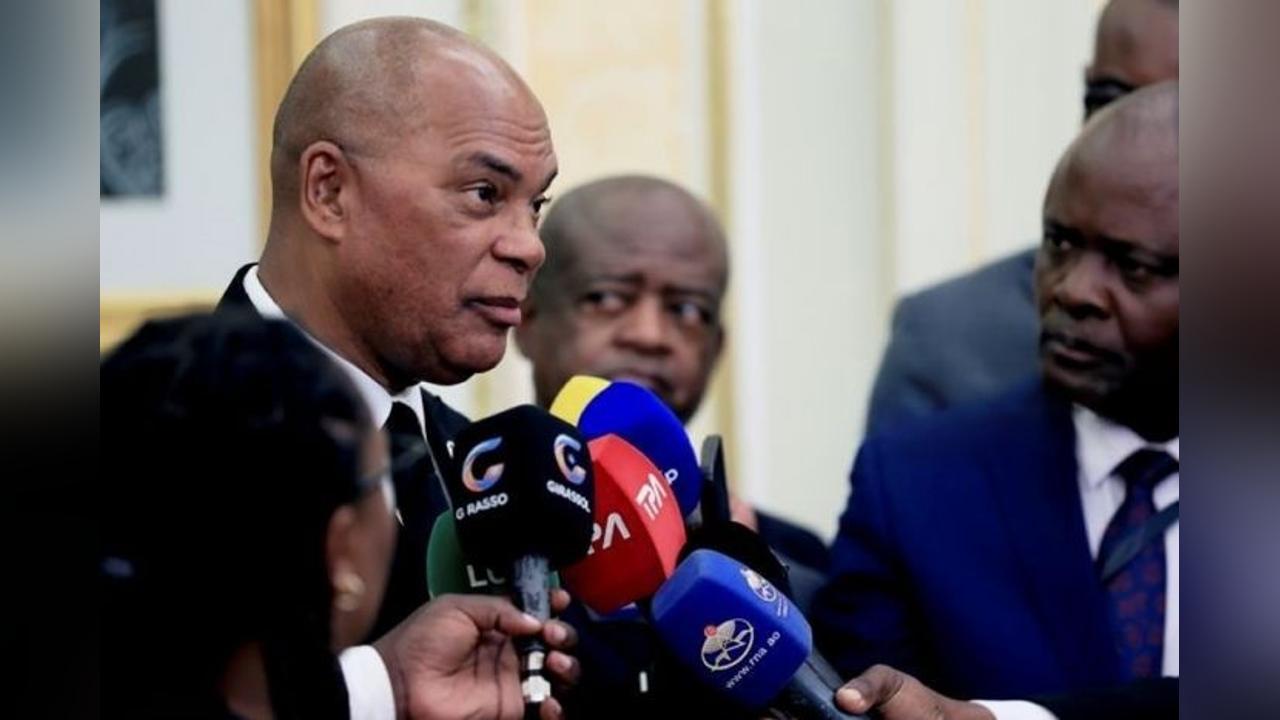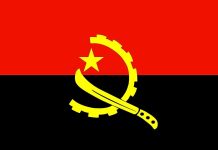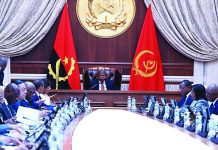Africa-Press – Angola. The president of UNITA (opposition) said that oil has fueled a “frightening economic centralism” in Angola that has caused the non-oil sector to “wither away” since independence in 1975, defending “patriotism” and reforms” for the diversification of the economy.
Adalberto Costa Júnior, who was speaking at the opening of the panel on “50 years of the post-independence oil industry: blessing or curse”, as part of the Angola Economic Forum (AEF2025), which ends today in Luanda, considered that “since 1975, oil has been the economic lifeline” of the country, but it has also been the generator of more inequality and corruption.
Oil financed the construction of the State, which allowed the construction of the first post-colonial hospitals and schools, he said, and “kept the flame of a country that was born amidst gigantic challenges alive.”
“It was an undeniable blessing that gave the country economic muscle and a place at the global table,” stressed the president of the National Union for the Total Independence of Angola (UNITA, the largest opposition party), highlighting that this resource gave the country immediate geopolitical relevance.
He considered, however, in his speech, that on this journey the country also came “from a place of contradictions”.
“The same wealth that gave us strength fueled a frightening economic centralism. Oil, which should have been the lifeblood of the nation, has sometimes become a river flowing in a single channel, deepening the abyss of inequality,” he lamented.
For the UNITA leader, the “resource curse” in Angola has reared its ugly head, namely an outward-looking economy, vulnerable to the international market, and endemic corruption that has diverted wealth that belonged to everyone.”
“And, most cruelly, the paradoxical reality that the more barrels we exported, the more we seemed to import poverty for a large segment of our population. In other words, a rentier economy was created, where internal productive efforts were sometimes neglected in favor of easily capturing external tax revenues,” he criticized.
“The non-oil sector, particularly agriculture, has withered, paradoxically making us a crude oil exporter but a massive food importer,” he emphasized.
According to Costa Júnior, economic centralism “exacerbated regional and social asymmetries” in Angola, considering that while Luanda (the country’s capital) was transformed into a construction site, often pharaonic, vast areas of the country remained on the margins of development.
“The gap between a small elite that benefits from wealth and the vast majority of the population has widened, fueling feelings of social injustice and frustration,” he said.
The president of UNITA stated that, with oil exploration, during the half-century of independence, “corruption in the country found fertile ground to proliferate in the abundant flow of oil dollars.”
“Embezzlement, shady dealings, and opaque revenue management have tarnished the legitimacy of economic success and deprived the country of crucial investments in social areas,” he accused, highlighting unfulfilled promises.
Angola has spent half a century [since independence was achieved on November 11, 1975] “in which blessings and curses danced an intricate waltz, where the potential for radical transformation coexisted with the reality of profound structural distortions,” he said.
“Recognizing this complexity is the first step toward not repeating mistakes,” he noted, reaffirming that oil “financed peace, but also indirectly fueled conflict. It was and still is simultaneously the blessing that built us and the curse that distorts us.”
Regarding the present, in light of the 50 years of independence, the UNITA leader stated that the global decarbonization agenda and the energy transition have ceased to be academic debates and have become concrete economic and political imperatives, and he advocated economic diversification.
According to the UNITA president, with the energy transition, Angola is at a “crossroads” that is both the greatest threat and the greatest opportunity for the country.
For More News And Analysis About Angola Follow Africa-Press






